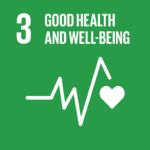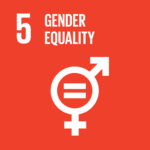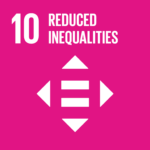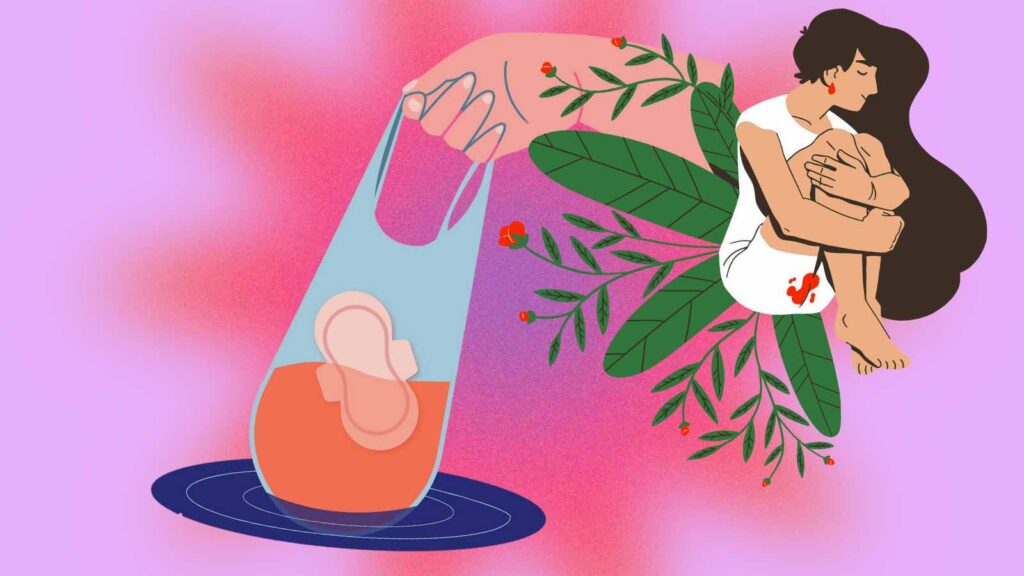Breaking the cycle: the nexus of period poverty, gender equality, and sustainable menstruation.
Within the realm of menstruation lies a complex web of interconnected issues: period poverty, gender inequality, and the imperative for sustainable menstrual practices. The financial and emotional burdens of period poverty have long plagued women around the world. Yet, the impact extends beyond personal struggles, reaching the very health of our planet. It is time to shed light on the intersection of period poverty and environmental sustainability, exploring how embracing plastic-free alternatives can empower women, girls and menstruators while protecting the planet.
RELEVANT SUSTAINABLE GOALS




Unveiling the Hidden Costs: Period Poverty and Environmental Detriment
Period poverty, a distressing consequence of gender inequality, deprives women of access to essential menstrual health and hygiene resources. Discrimination and cultural taboos perpetuate this cycle, further exacerbating the challenges women face in managing their menstruation. The impact extends beyond mere financial strain, affecting education, well-being, and opportunities for empowerment. The financial toll of menstruation on women’s lives averages around $5,600 over a lifetime. But the environmental ramifications are equally alarming. Single-use menstrual products, entrenched in plastic and synthetic materials, contribute significantly to waste accumulation and pollution.
Championing Change: Sustainable Solutions for Women and the Planet
While addressing period poverty and gender inequality is paramount, we must not overlook the environmental repercussions of single-use menstrual products. Plastic-based tampons, pads, and packaging contribute significantly to waste and pollution. Menstrual cups, reusable pads, and underwear emerge as transformative alternatives that benefit both women and the environment. Menstrual cups, crafted from medical-grade silicone or latex, provide a decade-long solution, reducing waste and providing substantial cost savings. Reusable pads, embracing organic materials, offer a comfortable and eco-friendly option, while period underwear combines style and sustainability in a single garment.
By addressing gender inequality and period poverty through sustainable menstruation, we open the door to empowerment and environmental harmony. Educating women about plastic-free alternatives and promoting their accessibility fosters a future where periods become a catalyst for change. Embracing menstrual cups, reusable pads, and underwear not only improves women’s well-being and financial stability but also alleviates the strain on our planet.
You may also be interested in :
Is There A Female-Friendly Toilet ? Towards Gender Parity At Public Restrooms


